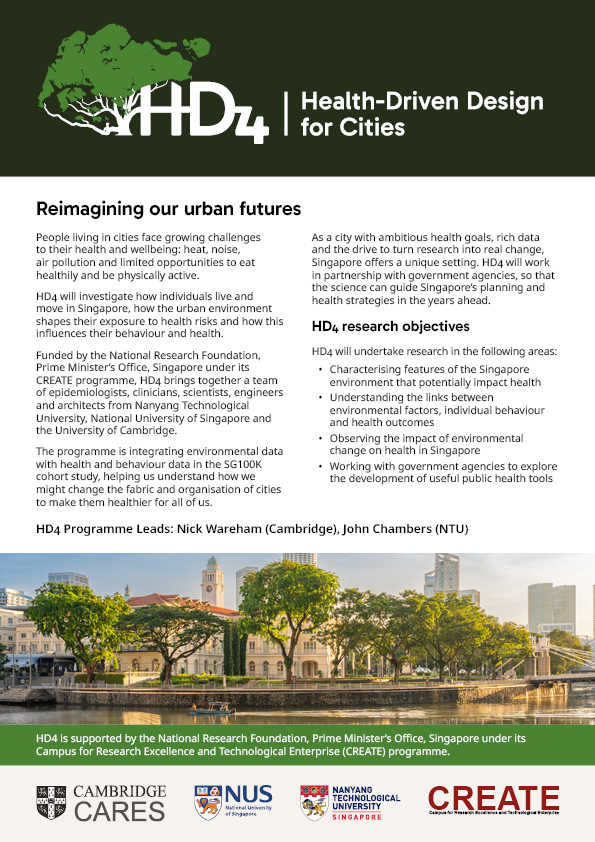WP4: Novel approaches for improving assessment of person-level environmental and behavioural exposures
How can digital tools influence public health?
No two individuals interact with the environment in the same way: their behaviours such as physical activity, sleep and diet will vary depending on where they are and when measurements are taken.
WP4 focuses on developing new, scalable ways to more accurately track health, behaviours and environmental exposures using digital tools. The research aims to move beyond traditional static location measurements, such as home addresses, by testing methods to track how people move through their environments. By using smartphones and wearables, it will derive health status metrics that may be used to monitor impacts of changes in behaviour.
Findings from these pilot studies will demonstrate the potential to employ such methods for future population health monitoring.
Research objectives:
- – Pilot smartphone-based dynamic assessment of people’s location and movement in the environment
- – Pilot smartphone-based assessment of physical fitness and humid heat stress in the home environment
- – Implement and test digital assessment of dietary intake
This research is supported by the National Research Foundation, Prime Minister’s Office, Singapore under its Campus for Research Excellence and Technological Enterprise (CREATE) programme.
Leads

University of Cambridge, MRC Epidemiology Unit

Prof Falk MÜLLER-RIEMENSCHNEIDER
National University of Singapore, Saw Swee Hock School of Public Health

National University of Singapore, Department of Physiology Yong Loo Lin School of Medicine


